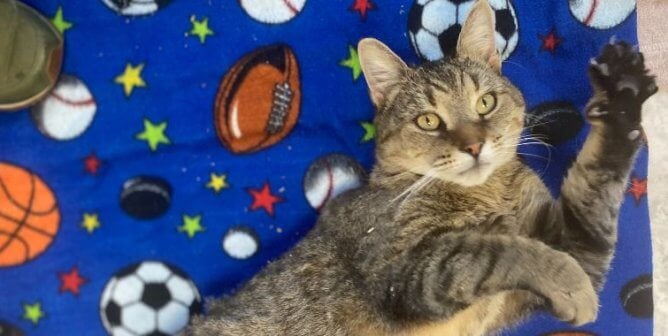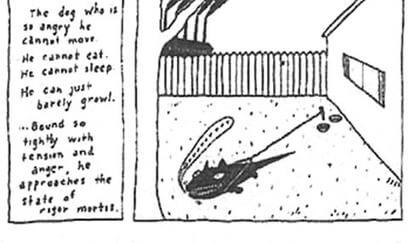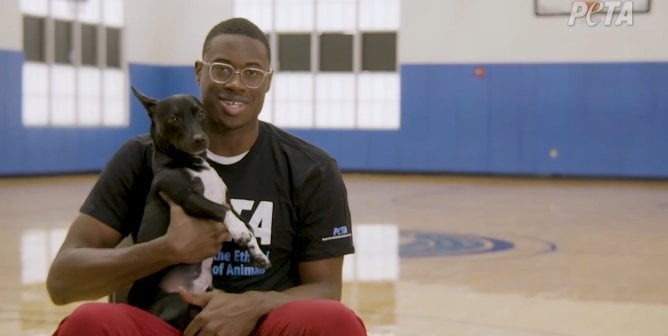How Littering Kills Animals
Most people know that litter is bad for the planet, but did you know that it’s also bad for animals?
Everyday items such as soda cans and plastic bottles can be deadly for unsuspecting wildlife and even dogs and cats. But it doesn’t have to be this way! Here are some simple tricks that you can do to help prevent animals from suffering:
Soda Rings
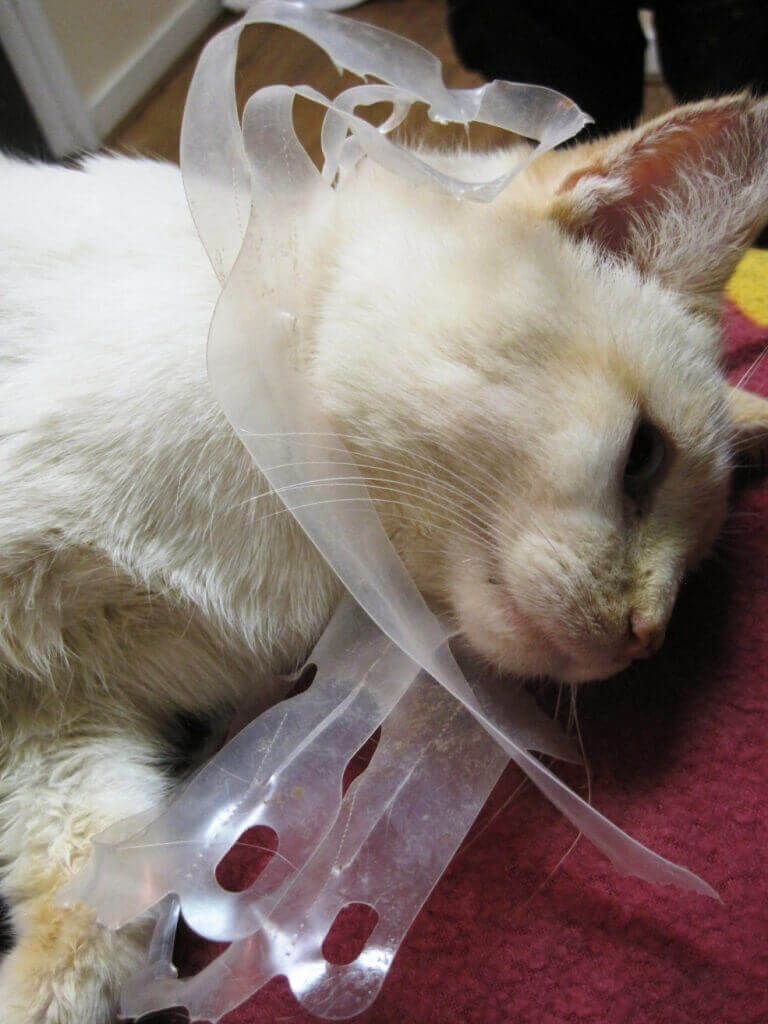
What can happen: Six-packs of soda often come strung together by plastic rings. This feral cat got her head caught in one of them.
How you can help: Cut apart all sections of plastic six-pack rings, including the inner diamonds.
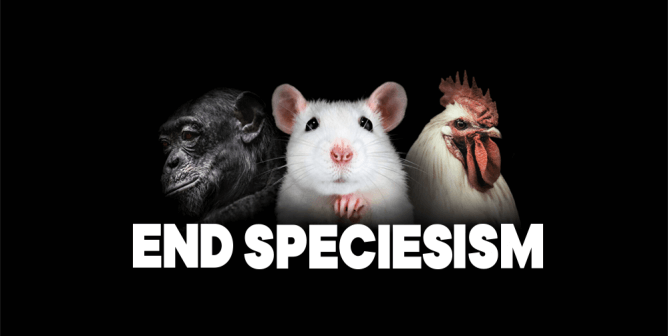
Fishing Line and Hooks
What can happen: Birds frequently get their beaks wrapped or wings tangled up in discarded fishing line. Hooks can be swallowed or become embedded in birds’ skin or beaks.
How you can help: Never go fishing! If you spot fishing litter, pick it up and dispose of it.
Beer and Soda Cans
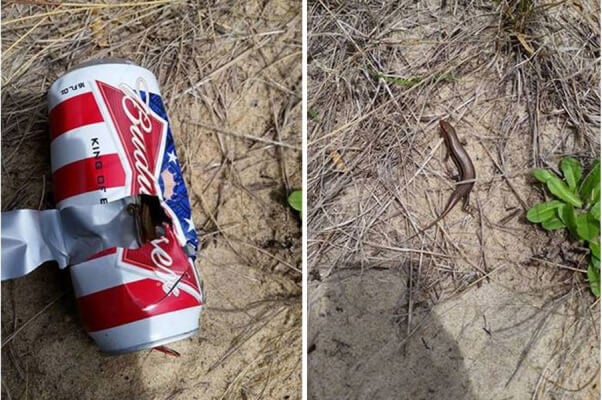
What can happen: Even the tiniest animals can fall victim to litter. Discarded soda cans are tempting to small animals who are looking for food or shade. Luckily, this little skink was freed during a beach clean-up. Animals can also be cut by cans’ sharp edges.
How you can help: Be sure to dispose of your cans responsibly. Rinse and crush cans before tossing them into the recycling bin. You can also fold the tab back to block off the hole on the top.
Gum
What can happen: Animals often step in gum, which can become matted in their fur or feathers, making it difficult for them to move.
How you can help: Never spit gum onto the ground. Wrap it in paper and dispose of it in a proper receptacle.
Tin Cans, Cups, and Jars
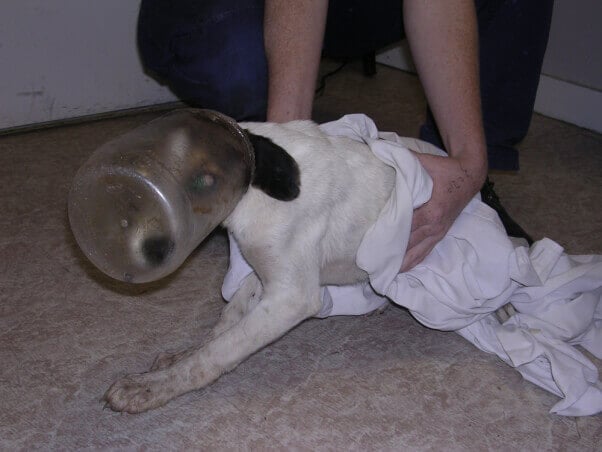
What can happen: Hungry animals desperate for even just a few crumbs often get their heads stuck in discarded cans, cups, and jars.
How you can help: Always rinse out containers (and place the lids back on them!) and crush metal cans before disposing of them.
Plastic Bottles and Bags
What can happen: Whales, turtles, and seabirds often mistake trash for food, and if eaten, it can choke them or cause fatal stomach or bowel obstructions.
How you can help: When shopping, choose paper bags or take your own reusable bags whenever possible.
Remember: Never, ever litter. Animals of all kinds often mistake trash for food or shelter. Securely cover garbage cans and recycle bins so that animals can’t get into them and become trapped inside. And don’t forget to keep an eye out for other people’s trash, too. Your actions could be the difference between life and death for an animal.

